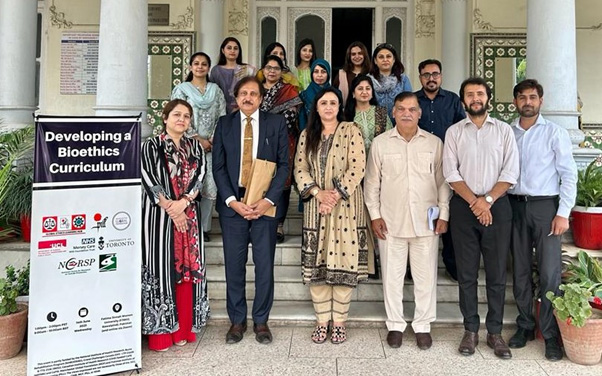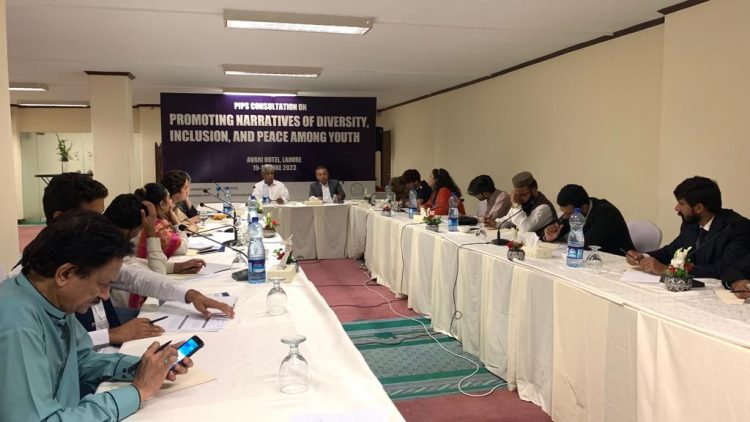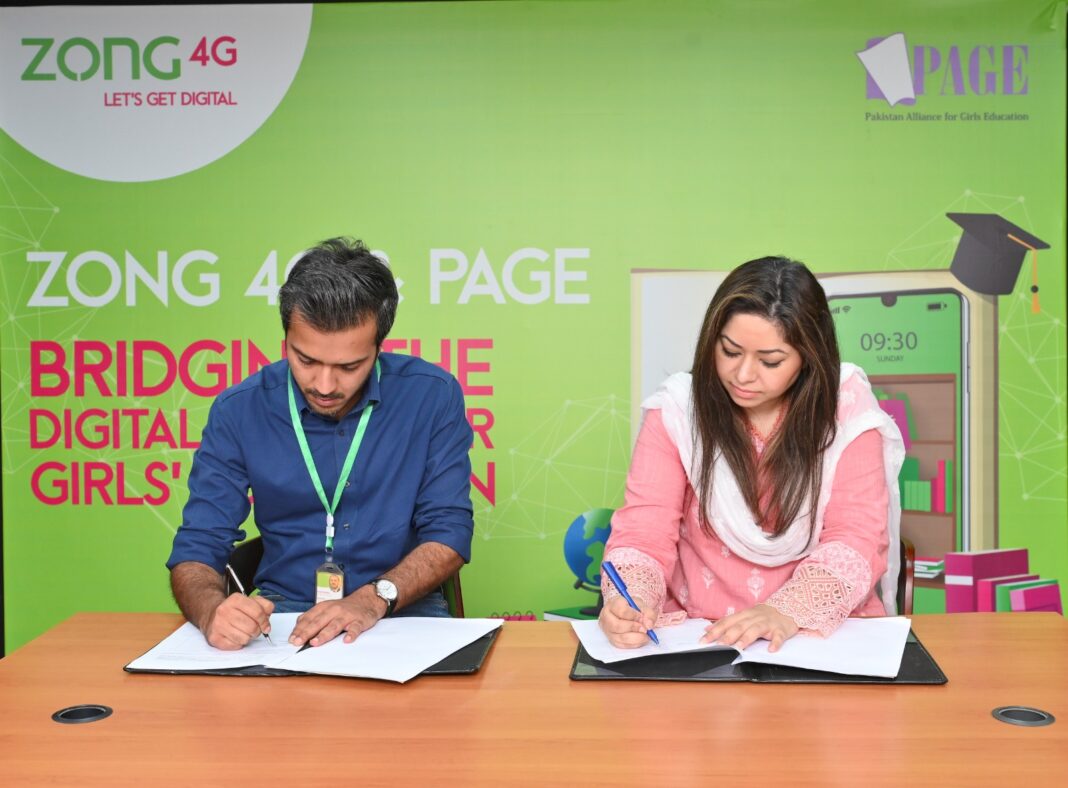TD DESK
RAWALPINDI: The Global Ethics Learning Hub (GELH) group, in collaboration with the Pakistan Institute of Living and Learning (PILL) and other esteemed institutions, recently organized a scoping event at the National Centre for Research on Suicide Prevention, Fatima Jinnah Women University in Rawalpindi. The primary objective of the event was to lay the groundwork for developing a Bioethics master’s program that is culturally relevant to the context of Pakistan.
The event brought together a diverse group of participants, including academics from various disciplines such as medicine, public health, psychological sciences, gender studies, and public policy. Representatives from renowned institutions like University College London (UCL), Mersey Care NHS Foundation Trust, University of Manchester (UoM), University of Toronto (UoT), and Manchester Global Foundation (MGF) also joined in this collaborative initiative. Together, they aimed to conduct a comprehensive needs assessment to identify the key elements required for a culturally sensitive Bioethics curriculum.
Throughout the event, experts delved into critical topics on bioethics, with a particular focus on the responsibilities of research ethics committees in safeguarding participant welfare and ensuring ethical research practices. The discussions also revolved around the development of ethical guidelines for data collection, emphasizing the principles of transparency, participant safety, and the potential of culturally relevant training curriculum programs in Pakistan.
Prominent speakers, including Professor Mowadat H. Rana, Professor of Psychiatry and Behavioral Sciences, and Professor Sarah Edwards, Professor of Bioethics, shared their insights on inclusive research ethics models, the significance of holistic participant-centered guidelines, and the role of bioethics in the study of global health. Additionally, Dr. Aneela Maqsood, Associate Professor of Behavioral Sciences, highlighted the institutional perspective of ethical considerations in data collection, emphasizing the importance of respecting participants’ autonomy, informed consent, confidentiality, dignity, and privacy.
The scoping event served as a platform for knowledge exchange, collaboration, and the sharing of best practices among researchers, policymakers, and stakeholders. It underscored the urgent need and immense potential for a collaborative Bioethics curriculum in Pakistan. The active participation and insightful discussions during the event contributed to the formulation of a needs assessment survey, which will guide the development of a comprehensive Bioethics curriculum, ultimately enhancing research capacity building for students and early career researchers in the field of bioethics in Pakistan.



